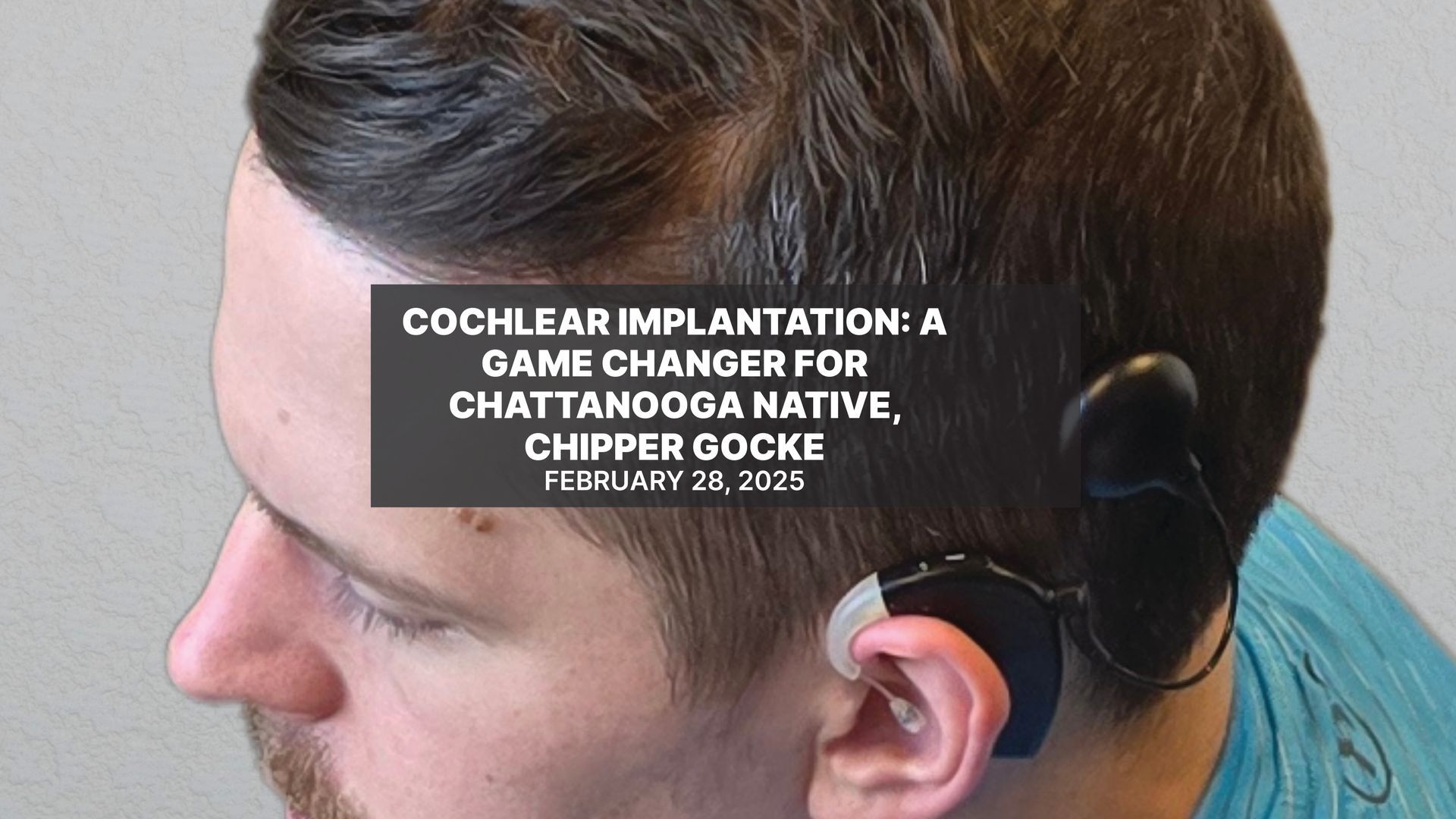Researching Hearing Aids: Making an apples to apples comparison

If the title of this article caught your eye, you are probably thinking about investing in your hearing health by purchasing hearing aids. These days, most consumers do research ahead of making purchases for a host of goods and services, and online searching has made this process easier than ever. Consumers are to be applauded for educating themselves on items they wish to make an investment in, and hearing aid technology is no exception. However, being a savvy researcher and consumer is key.
Perhaps you have seen ads in magazines and newspapers and on TV for mail order hearing aids. Does the radio station you listen to broadcast a 15 second hearing aid spot multiple times daily? Are ads for hearing devices popping up on your smart phone, tablet or computer? Are you being inundated with direct mail hearing aid flyers in your mailbox?
Regardless of the medium, the message is often the same. Consumers should beware of companies with ads that contain wording like Buy-One-Get-One Free, Free Hearing Tests, Large Discounts, Trade-In Available, Seeking Participants for a New Study, Prices you Can’t Pass Up, etc. These advertisements range from being less than 100% truthful to downright dishonest. In fact, many state licensing boards have intervened by enacting strict advertising guidelines for hearing aid retailers in an effort to protect consumers from these misleading and unscrupulous marketing tactics.
While many factors need to be considered when addressing your hearing health, here are two important questions to answer if you are considering purchasing hearing aids based on a TV, print or radio ad, a direct mail flyer or off the Internet
Is a hearing aid the same as a personal sound amplifier product?
No. Hearing aids are Class 2 medical devices approved by the FDA and dispensed and fitted by a licensed hearing professional. Every individual hearing aid is assigned a unique serial number.
While hearing aids and personal sound amplifier products (PSAPs) may seem similar at first glance, they are very different.
A vast majority of the devices offered for sale straight to consumers through online purchase on sites like Amazon or through TV, magazine and radio ads are nothing more that sound amplification products. An amplifier increases all the sounds in a given environment. Imagine it this way: You are in a crowded restaurant. A PSAP will pick up the sound of the clinking silverware two tables away, the crying baby across the room, and the server putting in an order in the kitchen at the same loudness level as you are hearing the voice of your companion sitting across the table from you. There is no nuance of sound. You are bombarded by all of it. In fact, PSAPS were not even designed for people with hearing loss.
Rather, PSAPs were developed to help a user with normal hearing pick up on low-volume sounds or sounds that are at a distance. Think, for example, about the birding enthusiast who wants to boost a specific long-range sound like the song of a bird sitting at a feeder across the yard. Additionally, PSAPs don’t require an audiogram of your unique hearing loss because they are not programmable devices. When consumers try to use PSAPs as a substitute for hearing aids, the hearing loss problem is not being addressed or solved and can lead to further deterioration of a person’s hearing.
By contrast, a hearing aid a is fine-tuned medical device programmed and fitted by a licensed hearing professional, preferably a doctor of audiology , and is customized to the individual wearer’s unique hearing loss based on that person’s audiogram results as well as his or her ear size and shape, reported typical listening environments, lifestyle, etc. In that same busy restaurant mentioned earlier, the hearing aid wearers aids are precisely programmed to automatically detect background noises created by the clinking silverware, crying baby and waiter’s voice so that those sounds are toned down while the voice of the person you are conversing with is amplified and clarified.
I have found an online site to buy hearing aids that will program them based on a hearing test I take online or by sending them my audiogram performed by a hearing professional. This is the same as what I would get from an audiologist at a clinic where I can walk in, right?
You’ve done your homework. You know that a hearing aid must be programmed based on your personal hearing test. Now you’ve found numerous online companies that ask you to send them your hearing test. They will program your aids based on your hearing loss and mail them to your home. Problem solved, right? No. Here’s why.
Scheduling a face-to-face appointment with and investing in hearing aid technology through an established audiology practice close to home ensures that you are well-informed regarding your hearing health care, that your treatment plan is tailored to you, that you are offered the latest technology from all the major manufacturers, and that you have an audiologist supporting you every step of the way. Your licensed audiologist will work closely with you to educate and counsel you about your hearing loss, guide your selection of an appropriate hearing aid, set realistic goals for your journey to better hearing, answer questions, and provide the support and counseling you need to be a successful hearing aid user. Ongoing programming adjustments, cleanings and general maintenance will be completed in the office in real time, which is the best way to account for your individual needs and allows you to get right back to hearing the world around you. Comparing in-office visits with a university trained and educated audiologist to an online buying experience is comparing apples to oranges.
While purchasing hearing aids online may be tempting, many potential pitfalls and hidden costs can exist. Keep in mind that online or mail order purchases do not allow you to use health insurance benefits available for hearing aid technology. Crunching the numbers, consumers often find that a reputable, local audiology practice—that is committed to seeking out and filing your insurance benefits—can often provide a patient with advanced hearing aid technology AND ongoing service and support at a better value than the flashy, bait-and-switch options available online and through mail order. Trying to work with a hearing aid company long distance can lead to unnecessary frustrations e.g., dealing with multiple phone representatives, communicating hearing aid fit issues that actually need visual evaluation, and navigating repair issues by mail.
Additionally, always be sure to research reviews (other than those found on the retailer’s website) and consumer reports before purchasing any item online. Understand that even if you simply register for information from an online hearing aid company, you may inadvertently bind yourself to them. While the online company will refer you to a local hearing aid practice, that practice must now contractually adhere to the online referral source for pricing and services.
Better hearing is a process and support from family, friends and your audiologist is needed to truly be successful as a hearing aid wearer. Making your investment in hearing health with a careful comparison of costs and benefits is key to ensuring you make an apples to apples decision!




